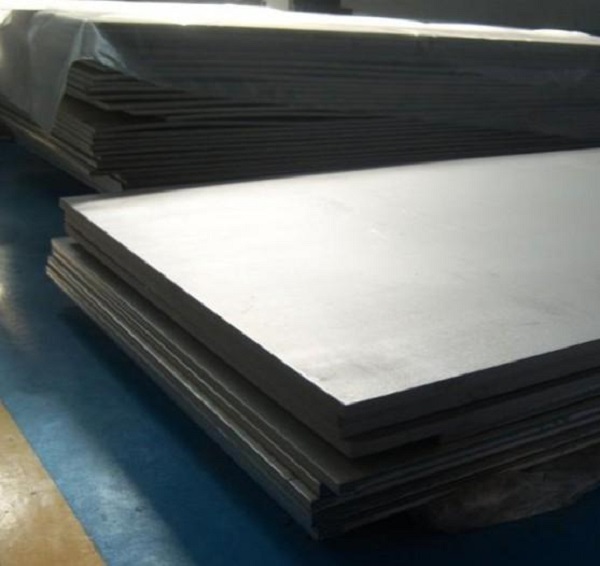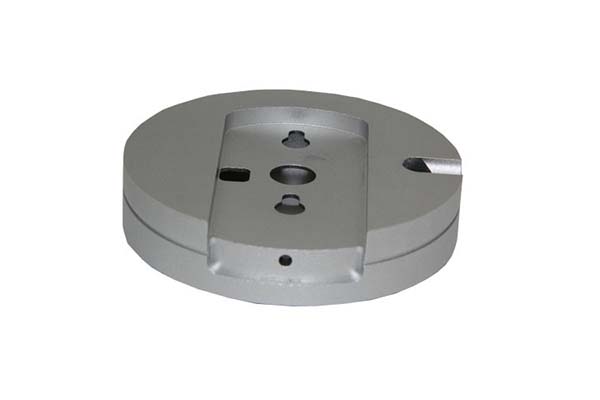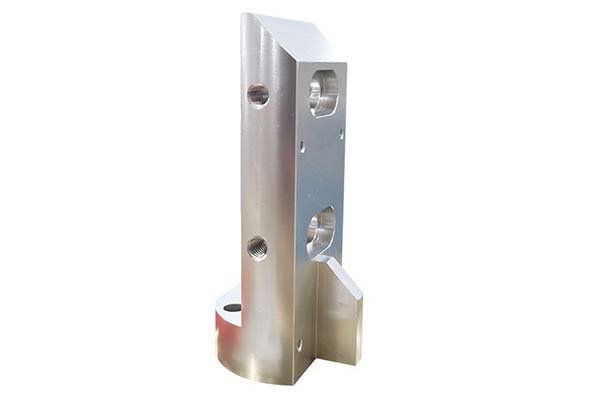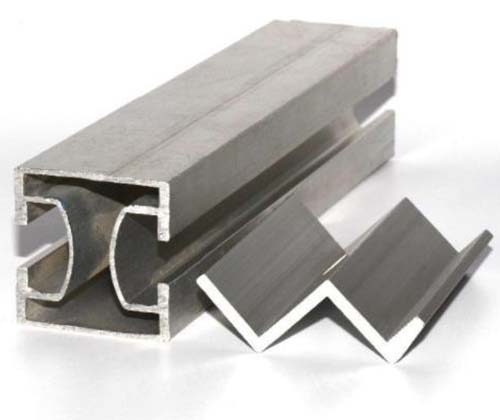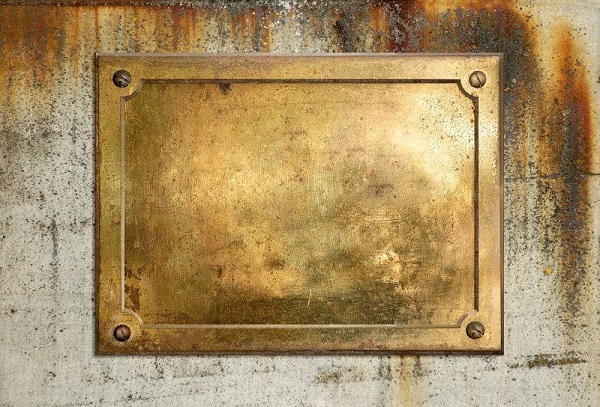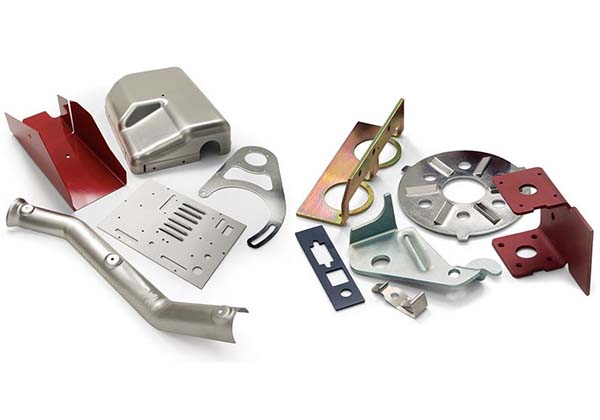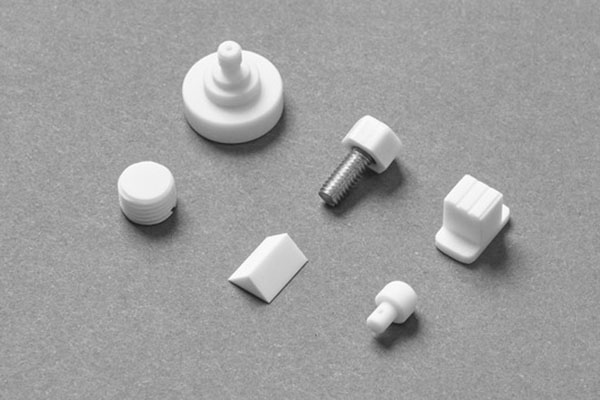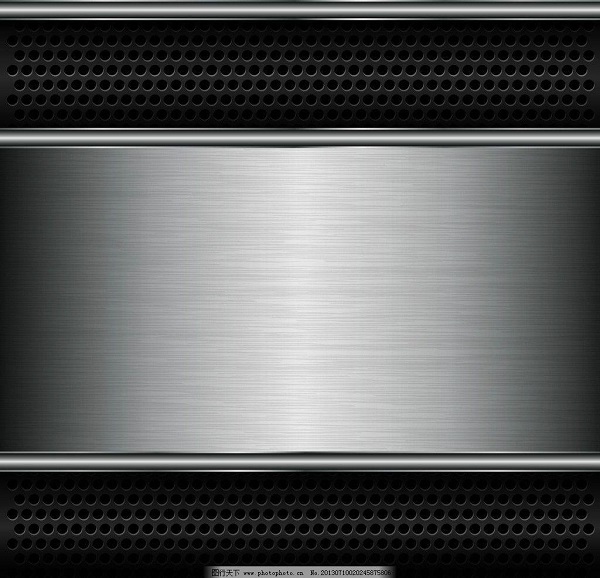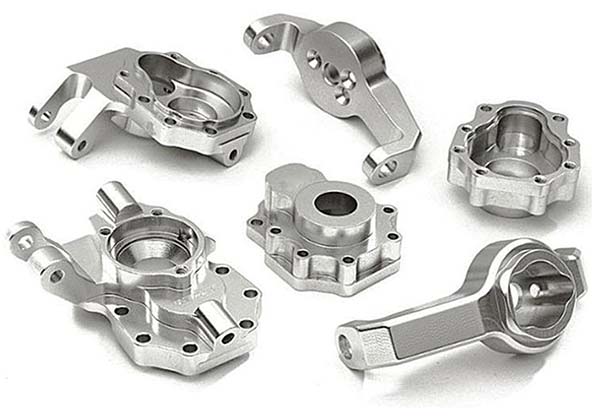What is Custom Sheet Metal?
Custom sheet metal refers to the process of fabricating metal sheets according to specific customer requirements. Sheet metal is a thin - gauge metal, typically ranging from 0.5mm to 6mm in thickness, made from materials such as steel, aluminum, copper, and stainless steel. This manufacturing method is highly versatile and is used across a wide range of industries.
Common Sheet Metal Materials
- Steel: Steel sheet metal is one of the most widely used materials. It offers high strength and durability at a relatively low cost. For example, in the construction of industrial equipment frames, mild steel sheets are often chosen. However, it has a relatively high density, which may be a drawback in applications where weight is a concern.
- Aluminum: Aluminum sheet metal is popular for its lightweight nature, high corrosion resistance, and good thermal conductivity. It is commonly used in the aerospace industry for aircraft components, as well as in the automotive industry for parts like engine covers and body panels. For instance, many modern cars use aluminum sheets in their body structures to reduce weight and improve fuel efficiency.
- Stainless Steel: Stainless steel sheet metal is valued for its excellent corrosion resistance, making it ideal for applications in harsh environments. It is commonly used in the food and beverage industry for equipment such as food processing machinery and storage tanks, as well as in the medical industry for surgical instruments and hospital furniture.
Sheet Metal Processing Techniques
- Cutting: This is the initial step in most sheet metal projects. Laser cutting is a highly precise method that uses a high - energy laser beam to cut through the metal sheet. It can achieve extremely fine tolerances, often within ±0.1mm. For example, when creating intricate patterns or small - scale components, laser cutting is the preferred choice. Another common cutting method is plasma cutting, which is more suitable for thicker metal sheets and is faster than laser cutting for some applications.
- Bending: Bending gives the sheet metal its three - dimensional shape. CNC (Computer Numerical Control) bending machines are widely used to ensure consistent and accurate bends. These machines can be programmed to make bends at specific angles and radii. For example, when manufacturing a metal enclosure, precise bends are required to ensure a proper fit of all components.
- Welding: Welding is used to join different sheet metal parts together. There are various welding techniques available, such as MIG (Metal Inert Gas) welding, TIG (Tungsten Inert Gas) welding, and spot welding. MIG welding is fast and suitable for general - purpose applications, while TIG welding offers higher precision and is often used for high - quality finishes. Spot welding is commonly used in the automotive industry to join body panels due to its speed and efficiency.
Key Factors in Custom Sheet Metal Production
Material Selection
- Carbon Steel: Carbon steel is a cost - effective option. Low - carbon steel, with a carbon content less than 0.25%, is soft and ductile, making it easy to form. It is often used in general - purpose applications like the production of metal brackets for household appliances. Medium - carbon steel (0.25% - 0.6% carbon) offers higher strength and is suitable for parts that need to withstand moderate stress, such as gears in some machinery. High - carbon steel (over 0.6% carbon) is very hard and strong but less ductile, and is used for applications like springs.
- Stainless Steel: Stainless steel contains chromium, which forms a passive oxide layer on the surface, providing excellent corrosion resistance. 304 stainless steel, with 18% chromium and 8% nickel, is the most common type. It is widely used in kitchen equipment, such as sinks and countertops, due to its resistance to stains and rust. 316 stainless steel, which has additional molybdenum, offers even better corrosion resistance, especially in chloride - rich environments, and is used in marine applications.
- Aluminum Alloy: Aluminum alloys are lightweight, with a density about one - third that of steel. 6061 aluminum alloy, containing magnesium and silicon, has good strength, corrosion resistance, and machinability. It is used in a variety of applications, from bicycle frames to structural components in buildings. 7075 aluminum alloy, with zinc as the main alloying element, is one of the strongest aluminum alloys and is often used in the aerospace industry for parts like aircraft wings.
Manufacturing Processes
- Laser Cutting: Laser cutting uses a high - power laser beam to vaporize, melt, or burn the metal, creating a precise cut. The laser beam can be focused to a very small spot, allowing for intricate designs. For example, when making small, detailed parts for electronic devices, laser cutting can achieve cuts as narrow as 0.1 - 0.3mm. The accuracy of laser cutting ensures that parts fit together precisely during assembly.
- Stamping: Stamping is a high - volume production process. A die is used to shape the sheet metal by applying pressure. Deep drawing, a type of stamping, can create parts like automotive fenders. The quality of the stamping depends on factors such as the design of the die, the material properties, and the stamping force. A well - designed die can produce consistent and high - quality parts.
- Bending: Bending is crucial for giving sheet metal a three - dimensional shape. The bend radius and angle must be carefully controlled. For example, in the production of metal enclosures, a 90 - degree bend with a specific radius might be required for proper fitting of doors and panels. CNC bending machines can repeat the same bend accurately, reducing errors.
- Welding: Welding joins two or more sheet metal parts. MIG welding is fast and efficient, suitable for large - scale production. TIG welding, on the other hand, provides a more precise and high - quality weld, often used for thin - walled components or when a cosmetic finish is important. The quality of the weld affects the structural integrity of the final product.
Surface Treatment
- Painting: Painting can provide a decorative finish as well as protection. Powder coating, a type of painting, involves applying a dry powder to the metal surface, which is then cured under heat. It offers a durable, thick finish with a wide range of color options. For example, outdoor metal furniture is often powder - coated to protect it from the elements.
- Electroplating: Electroplating deposits a thin layer of metal, such as nickel, chrome, or zinc, onto the sheet metal. Zinc plating is commonly used for corrosion protection, especially in applications like automotive parts. Chrome plating can enhance the appearance and provide some corrosion resistance, often seen on decorative hardware.
- Anodizing: Anodizing is mainly used for aluminum. It creates a thick, porous oxide layer on the surface, which can be further sealed and dyed. Anodized aluminum has improved corrosion resistance, hardness, and can have various colors. For example, anodized aluminum is often used in architectural applications for its aesthetic appeal and durability.
Applications of Custom Sheet Metal
Custom sheet metal has a vast range of applications across multiple industries, each taking advantage of its unique properties and the precision of custom fabrication.
Automotive Industry
In the automotive industry, custom sheet metal is used for various components. For example, car body panels are often made from custom - fabricated sheet metal. Steel sheet metal is commonly used due to its high strength, which is crucial for passenger safety. Aluminum sheet metal is also increasingly popular, especially in high - end and electric vehicles, as it helps reduce the vehicle's weight, improving fuel efficiency or increasing the electric vehicle's range. A study shows that a 10% reduction in vehicle weight can lead to a 6 - 8% improvement in fuel efficiency. Custom sheet metal parts are also used in the production of engine brackets, exhaust systems, and interior components, where specific shapes and sizes are required to fit the vehicle's design.
Electronics Industry
Custom sheet metal plays a significant role in the electronics industry. Equipment enclosures and chassis are typically made from sheet metal. For instance, servers and industrial computers often have custom - designed sheet metal enclosures. These enclosures need to meet specific requirements such as heat dissipation, electromagnetic interference (EMI) shielding, and mechanical protection. Aluminum sheet metal is frequently chosen for its good thermal conductivity, which helps dissipate heat generated by electronic components. Stainless steel may be used for its corrosion - resistance in certain environments. In a server room, where there are high - density electronic devices generating a large amount of heat, custom - made aluminum sheet metal enclosures can effectively transfer heat away, ensuring the stable operation of the servers.
Appliance Industry
The appliance industry also relies heavily on custom sheet metal. Refrigerators, ovens, washing machines, and dryers often have sheet metal components. The outer casings of these appliances are usually made from sheet metal, which provides durability and a finished appearance. Steel sheet metal is commonly used due to its cost - effectiveness and strength. For example, the front panels of refrigerators are custom - formed sheet metal, which can be stamped with brand logos and decorative patterns. In addition, internal components such as racks and brackets within the appliances are also made from custom - fabricated sheet metal to ensure a proper fit and functionality.
Aerospace Industry
In the aerospace industry, the demand for high - strength, lightweight materials is crucial. Custom sheet metal, especially aluminum and titanium alloys, is used for aircraft components. Wings, fuselage sections, and engine parts are often made from custom - fabricated sheet metal. These parts must be produced with extremely high precision to meet the strict safety and performance requirements of the aerospace industry. For example, a slight deviation in the shape of an aircraft wing component made from sheet metal could affect the aircraft's aerodynamics and safety. Titanium alloy sheet metal is used in areas where high strength and heat resistance are required, such as engine components, while aluminum alloy sheet metal is more commonly used for non - heat - stressed parts due to its lightweight nature.
Yigu Technology's View
As a non - standard plastic metal products custom supplier, Yigu Technology has unique insights into custom sheet metal. We offer a comprehensive range of services, from the initial design consultation to the final product delivery.
Our state - of - the - art equipment allows us to handle various sheet metal materials with precision. Whether it's high - strength steel or lightweight aluminum, we can ensure that the processing meets the strictest industry standards. With years of experience in the field, our team of experts can provide valuable advice on material selection, manufacturing processes, and surface treatment.
We understand that each customer's need is unique. Therefore, we focus on providing customized solutions, ensuring that every custom sheet metal project we undertake not only meets but exceeds customer expectations. From small - scale prototyping to large - volume production, Yigu Technology is committed to delivering high - quality custom sheet metal products with fast turnaround times.
FAQ
Q1: How much does custom sheet metal fabrication cost?
The cost of custom sheet metal fabrication varies widely based on several factors. Material cost is a significant factor. For example, stainless steel is generally more expensive than carbon steel due to its corrosion - resistant properties and the cost of alloying elements. The complexity of the manufacturing process also matters. Laser - cut parts with intricate designs will cost more than simple, straight - cut components. Additionally, the quantity of the order affects the cost. Larger production runs often benefit from economies of scale, reducing the per - unit cost. Generally, a simple custom sheet metal project might start from a few hundred dollars, while complex, high - precision projects could cost thousands of dollars.
Q2: What is the typical lead time for custom sheet metal orders?
The lead time for custom sheet metal orders depends on multiple aspects. For a simple design with readily available materials, the lead time might be as short as 1 - 2 weeks. However, if the order involves complex geometries that require extensive programming of CNC machines, or if the materials need to be specially sourced, the lead time could be extended to 4 - 6 weeks. In some cases, for large - scale production runs or when there is a high demand for production capacity, the lead time may be even longer. The availability of raw materials in the market also plays a role. For instance, if there is a shortage of a particular type of aluminum sheet metal, it will delay the production process.
Q3: Can I get a prototype before mass production?
Most custom sheet metal suppliers, including Yigu Technology, can provide prototype services. Getting a prototype before mass production is highly beneficial. It allows you to test the design, functionality, and fit of the product. You can identify any design flaws or areas for improvement early on, saving costs in the long run. The process usually involves submitting your design specifications to the supplier. They will then use the appropriate manufacturing processes, such as laser cutting, bending, and welding, to create the prototype. Once completed, the prototype will be sent to you for evaluation, and based on your feedback, adjustments can be made before starting mass production.
